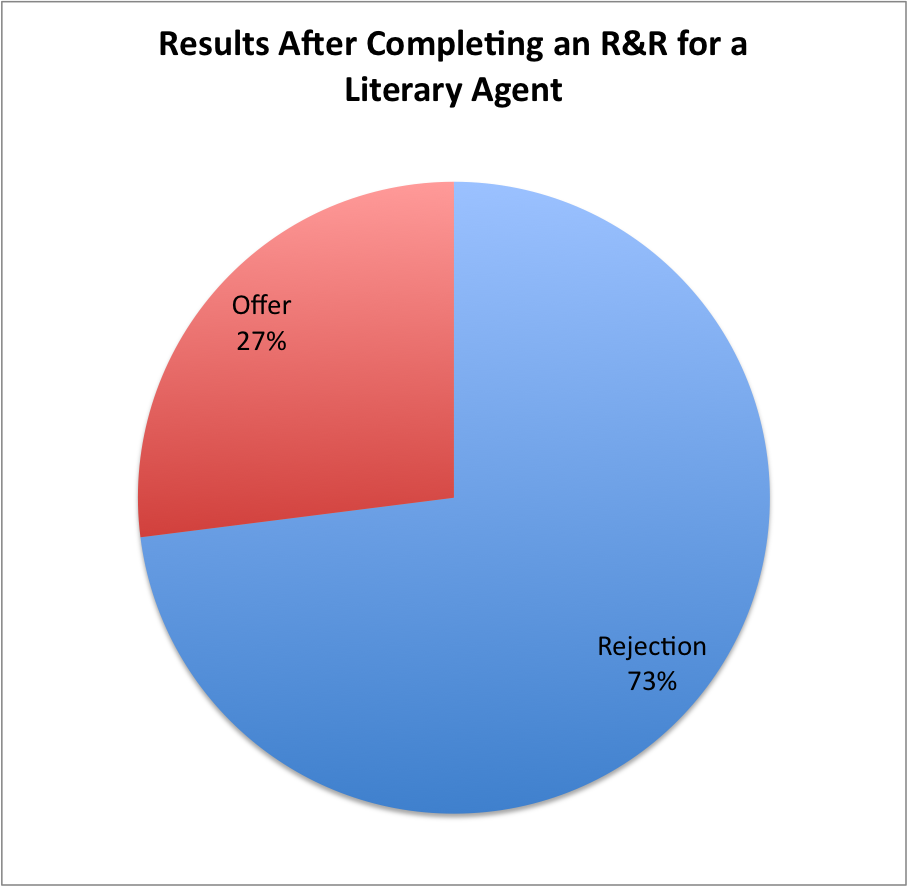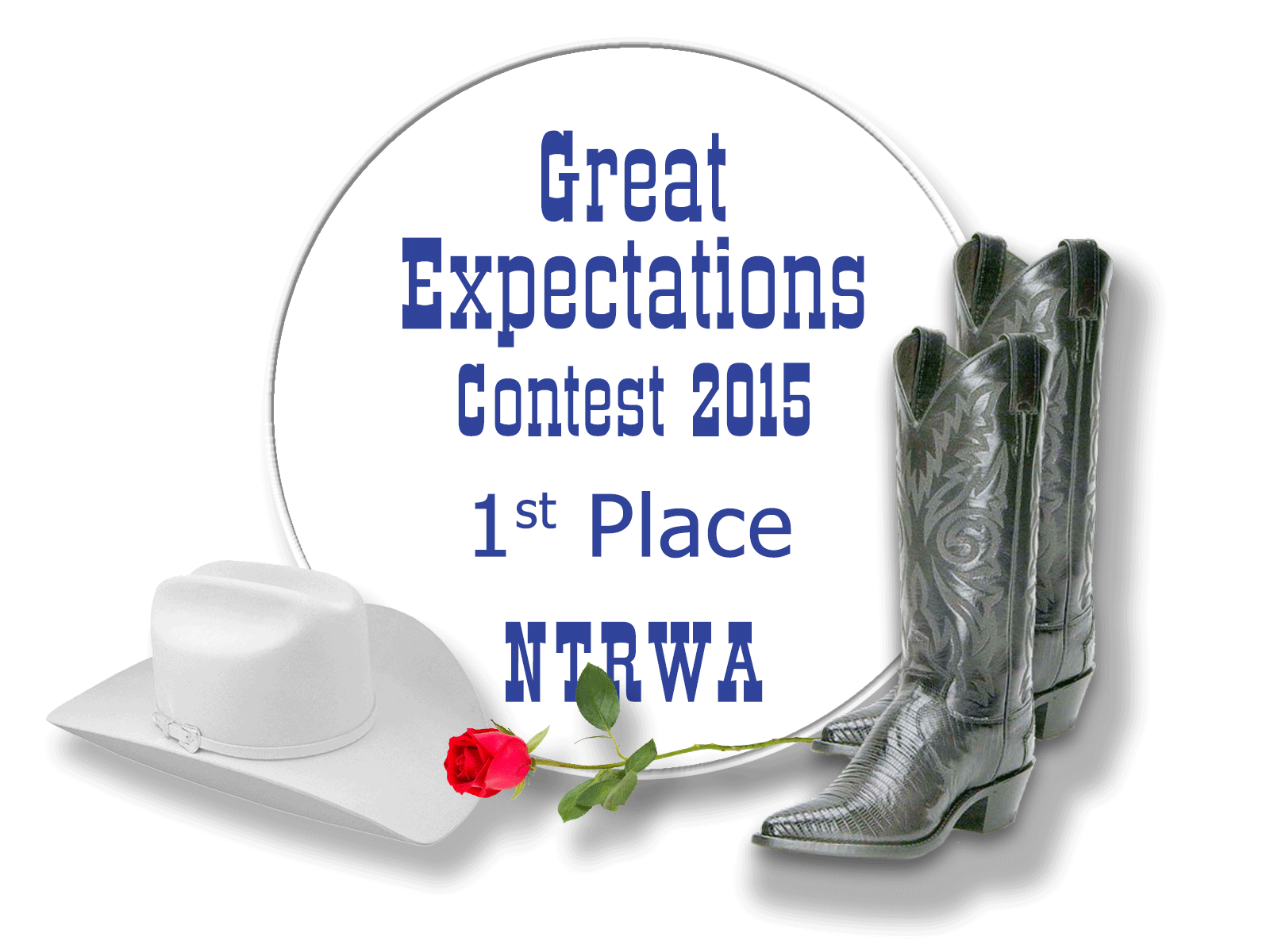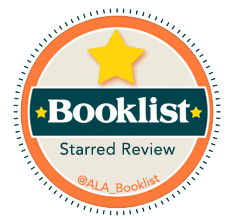The Dreaded R&R
What are your chances of getting signed if you get an R&R?
An R&R is one of the terms in the publishing industry that frequently has writers drawing a blank…or devolving into sheer panic.
Simply put, an R&R stands for Revise and Resubmit. It means that instead of rejecting or offering representation, an agent thinks you’re close but not quite there yet, so they send feedback, and invite you to resubmit if you choose to revise to their feedback.
They can be exciting (hey, it’s not a no!) but they can also be a lot of hard work. My husband repeatedly pointed out the irony of the acronym when I was working 15-hour, eye-bleeding days on an editorial R&R of my own. No, folks, it does not stand for rest and relaxation.
It also isn’t a guarantee of an offer, even if you follow their feedback to the best of your ability. I did a quick poll on Twitter about agent R&R’s, and this is what I found:
93 people completed R&Rs.
68 were rejected -73%
25 accepted- 27%
*Disclaimer. I am not a scientist. Well, I am a tortoise biologist, but that’s not quite statistician credentials. This is a Twitter poll, not a peer reviewed double-blind study, and the results should be read accordingly.
Dan Koboldt did an excellent blog on this same topic, only on the editorial end (R&Rs from publishing houses rather than agents). You can read it here. He found about a 80% rejected, 20% accepted rate, which is comparable to agents, if a little more discouraging.
Whether it’s from an agent or an editor, an R&R is not a requirement. You don’t have to use their feedback. And even if you use some of it, you don’t have to use all of it. Take the time to digest and decide if it’s good for your book and if it matches your vision for your piece. Or, try it out and if you hate the final result, throw it out. But do remember that an R&R is also an audition of your ability to take criticism, so remember to be professional and gracious. Don’t change two commas and send it back because then you’re just being a jerk and wasting everyone’s time.
However, when you compare these numbers (73% rejection rate) to the normal querying rejection rate (around 99% rejection rate), you can see that an R&R is definitely worth your time. The feedback won’t always fit with your vision, but if a seasoned publishing professional wants to take the time to tell you how they think you can improve your book, it’s always worth at least considering.



















